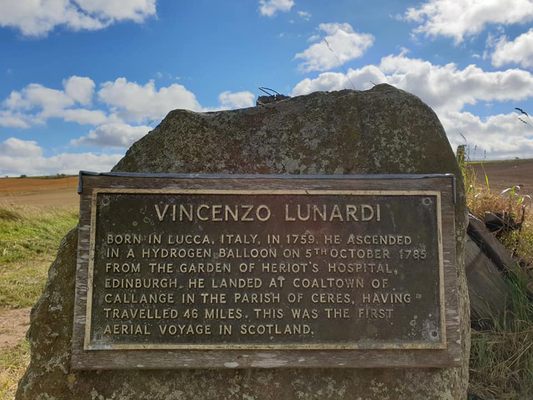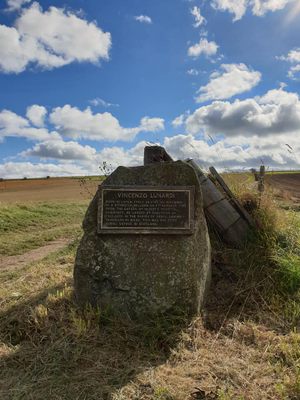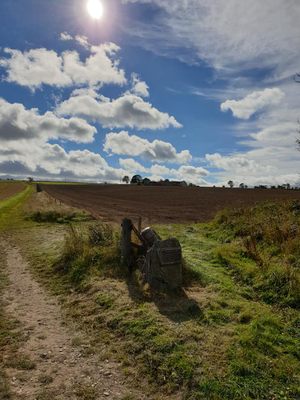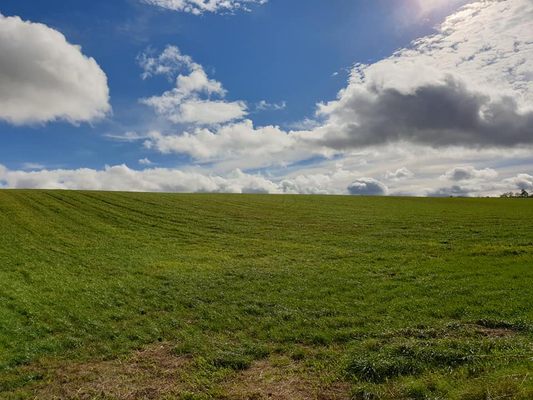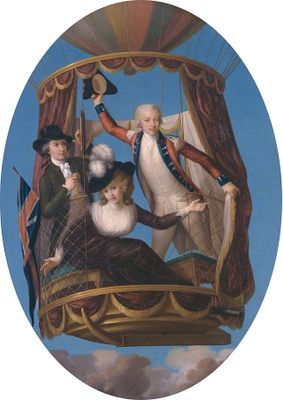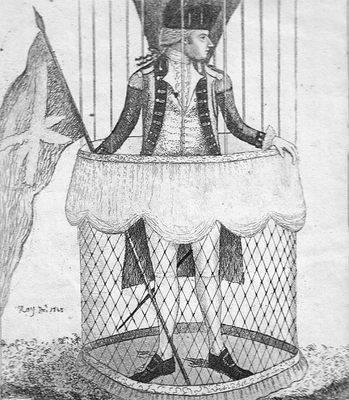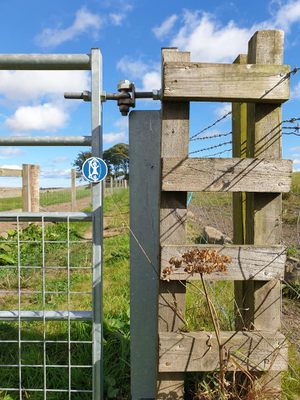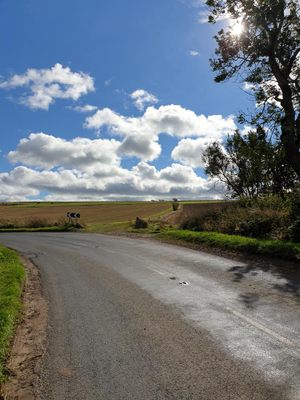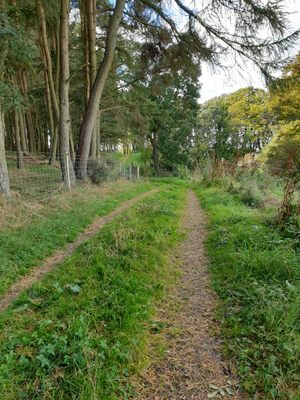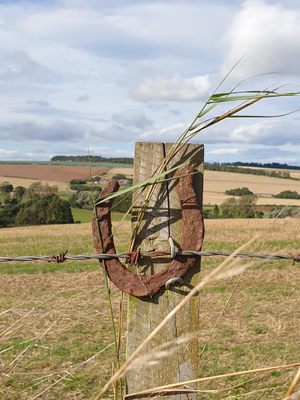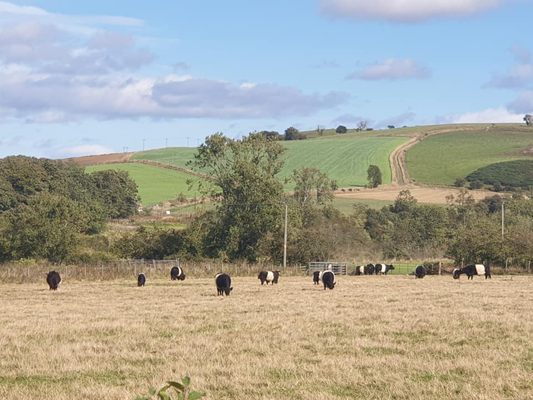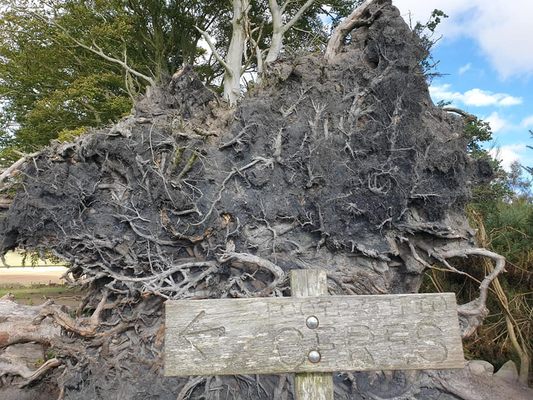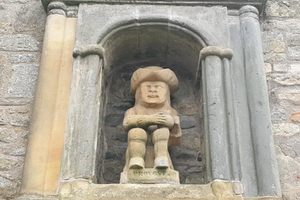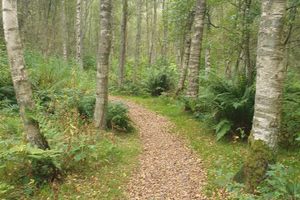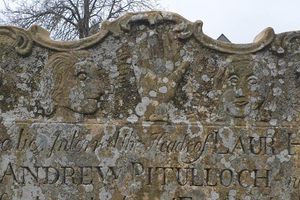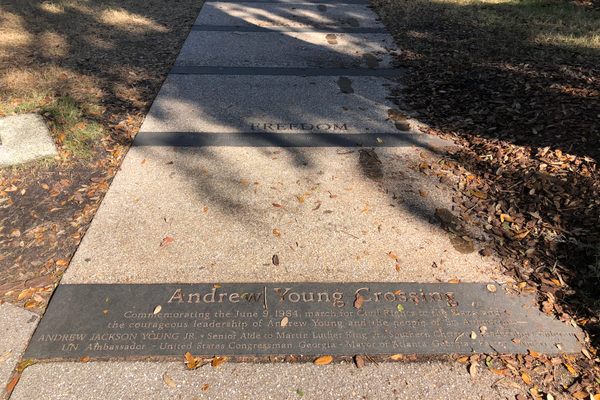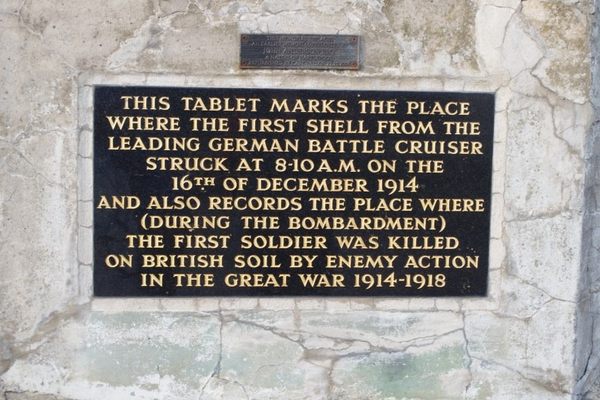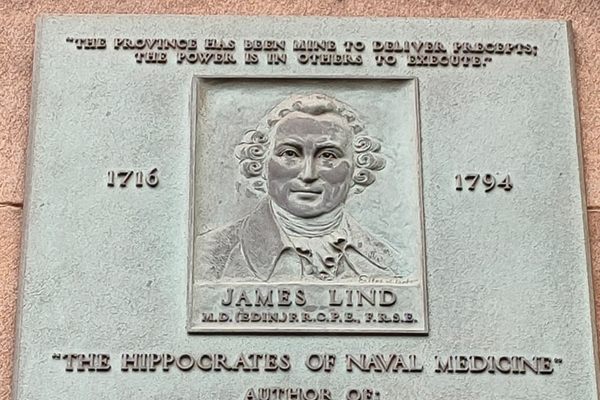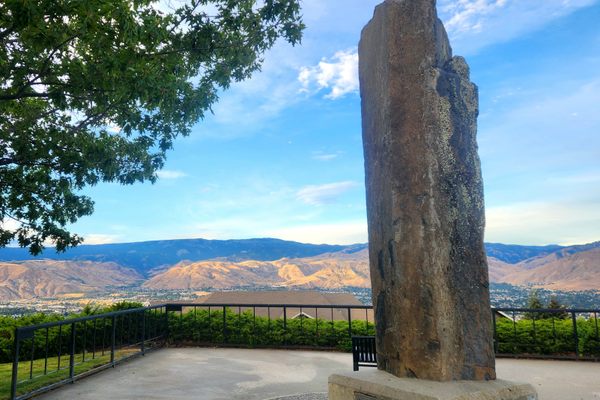About
Just off the B940 road in the Kingdom of Fife, and not far from the village of Ceres, lies a stone marker in a field, which reads: "Vincenzo Lunardi - Born in Lucca, Italy, in 1759. He ascended in a hydrogen balloon on the 5th of October 1785 from the garden of Heriot's Hospital, Edinburgh. He landed at Coaltown of Callange in the parish of Ceres, having traveled 46 miles. This was the first aerial voyage in Scotland."
Lunardi (1759 - 1806) was quite the accomplished aerialist by the time the aforementioned premier flight took place. In fact, he was often referred to by the press as the "Daredevil Aeronaut." He had already made two aeronautical journeys in England in 1784 and 1785. The latter includes a passenger by the name of Letitia Anne Sage, making her the first female to take flight in England.
Initially working as a secretary for the French Neapolitan Ambassador, Lunardi found greater fame as an aeronaut. He would make at least a half dozen flights in just the span of a few years. They would vary in both distance and time afloat, but they were always sure to draw in a crowd.
Lunardi's fame would garner him praise, as well as derision. A type of women's skirt was named after him, that was decorated to look like one of his balloon contraptions. The great Scottish poet, Robert Burns, even alluded to his contributions to fashion, by referring to the type of bonnet a character wears in his poem, To a Louse.
Stone markers indicating Lunardi's other aeronautical triumphs can be found throughout England, including; Hertfordshire and Welham Green. The actor Sir Laurence Olivier portrayed the aerialist in the 1936 film, Conquest of the Air. Several paintings and books depicting his achievements can also be found.
Related Tags
Know Before You Go
The commemorative stone can be a tad tricky to locate, as it is in the corner of a field off the B940. The business Fife Wheelwrights is just down the road by several yards.
Alternatively, one can use the Fife Pilgrim Trail out of the village of Ceres. This is a dirt trail originating from the 11th century, that would take pilgrims from Culross to St. Andrews.
Be aware that the monument is very close to a road and is situated on farmland.
Community Contributors
Added By
Published
December 14, 2021
